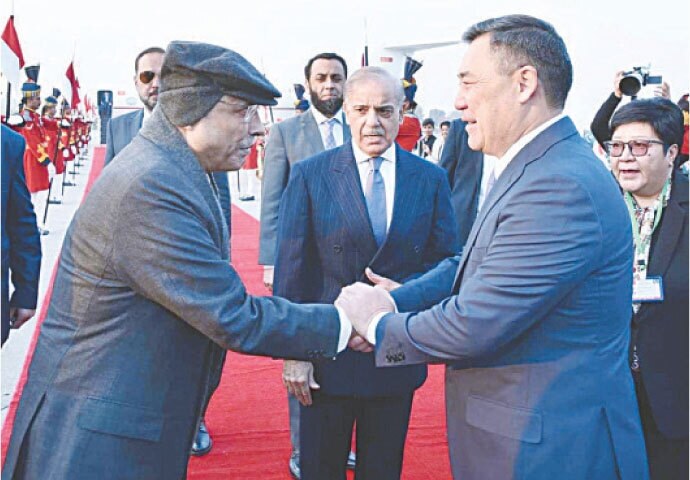WASHINGTON: The United States said on Monday it seeks to reduce Iran’s oil exports to zero by ending sanctions waivers to countries with which it has warm ties.
The White House announced on Monday that “President Trump has decided not to reissue Significant Reduction Exceptions (SREs) when they expire in early May. This decision is intended to bring Iran’s oil exports to zero, denying the regime its principal source of revenue.
In doing so, the Trump administration is targeting the country’s top revenue maker in its latest no-holds-barred move to scale back Iran’s influence.
The decision will directly impact China, India, Japan, South Korea and Turkey, the largest importers of oil from Iran. All these nations were using US waivers to continue buying oil during a first six-month grace period announced in November. Countries that continue to import oil from Iran could be locked out of the American financial system.
Monday’s action ended speculations that Washington might extend the waivers for some of the big importers of Iranian oil, such as China, India and Japan.
Decision to impact China, India, Japan, South Korea and Turkey
According to AFP, energy-hungry India stands to be among the most affected by the decision and is also facing US pressure not to buy from Venezuela, where Trump is seeking to topple leftist President Nicolas Maduro.
China said on Monday that it opposed sanctions on oil imports from Iran announced by Trump. “China opposes the unilateral sanctions and so-called ‘long-arm jurisdictions’ imposed by the US,” Chinese Foreign Ministry spokesperson Geng Shuang told reporters. He said Beijing’s cooperation with Tehran was “open, transparent, lawful and legitimate, [and] should be respected”.
Saudi Arabia to step in
Soon after the announcement, President Trump tweeted explaining how those affected by the new restrictions could purchase oil from other sources. “Saudi Arabia and other [oil exporting countries] will more than make up the oil flow difference in our now full sanctions on Iranian oil.”
US Secretary of State Michael Pompeo told the media that Washington has “had extensive and productive discussions with Saudi Arabia, the United Arab Emirates, and other major producers to ease this transition and ensure sufficient supply”.
Backing Trump’s comments, Saudi Arabia’s Energy Minister Khalid al-Falih said that the kingdom would work to stabilise the oil market. In Riyadh, the minister announced the kingdom will “coordinate with fellow oil producers to ensure adequate supplies are available to consumers while ensuring the global oil market does not go out of balance”.
He said the kingdom plans to consult key oil producing and consuming countries to “ensure a well-balanced and stable oil market, for the benefits of producers and consumers as well as the stability of the world economy”.
Pompeo said the US was also increasing its own production to meet demands from the nations that would be affected by these restrictions. This “underscores our confidence that energy markets will remain well supplied”, he added. Since 2010, the US has significantly increased domestic oil production, which was kept low due to environmental concerns.
According to AFP, a key backer of Trump’s push is Israeli Prime Minister Benjamin Netanyahu, who hailed the latest move as “of great importance”.
Officials in Washington said the US decision to refuse new waivers was in line with the Trump administration’s policy of increasing political and economic pressures on Iran. Last May, President Trump unilaterally withdrew from a 2015 nuclear accord with Iran. Earlier this month, Washington designated Iran’s Revolutionary Guards Corps, “a foreign terrorist organisation”.
Published in Dawn, April 23rd, 2019


































